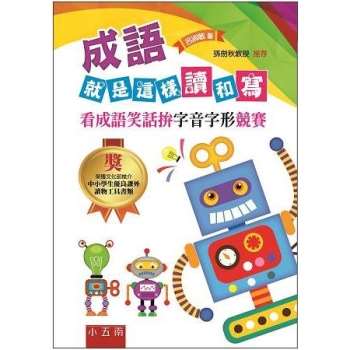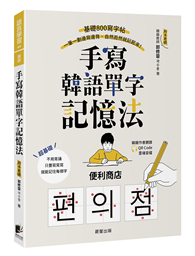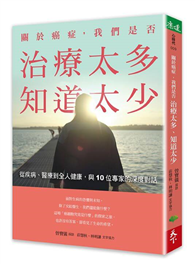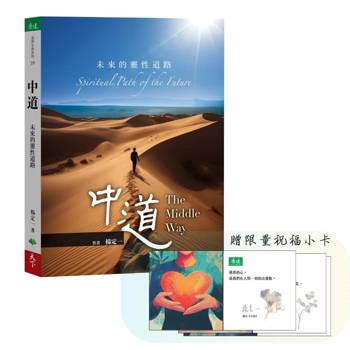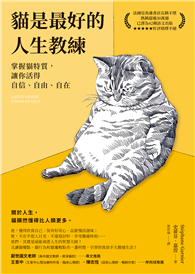In today’s world of Tinder and texting, do we write and save love letters anymore? Are we more likely to save a screen shot of a text exchange or a box of paper letters from a lover? How might these different ways to store a love letter make us feel? Sociologist Michelle Janning’s Love Letters: Saving Romance in the Digital Age offers a new twist on the study of love letters: what people do with them and whether digital or paper format matters. Through stories, a rich review of past research, and her own survey findings, Janning uncovers whether and how people from different groups (including gender and age) approach their love letter "curatorial practices" in an era when digitization of communication is nearly ubiquitous. She investigates the importance of space and time, showing how our connection to the material world and our attraction to nostalgia matter in actions as seemingly small and private as saving, storing, stumbling upon, or even burning a love letter. Janning provides a framework for understanding why someone may prefer digital or paper love letters, and what that preference says about a person’s access and attachment to powerful cultural values such as individualization, taking time in a hectic world, longevity, privacy, and keeping cherished things in a safe place. Ultimately, Janning contends, the cultural values that tell us how romantic love should be defined are more powerful than the format our love letters take. Her work fits within larger academic questions about the sociology of emotions, how culture works, the importance of objects in social relations, and the significance of privilege in everyday life.
| FindBook |
有 2 項符合
Love Letters: Saving Romance in the Digital Age的圖書 |
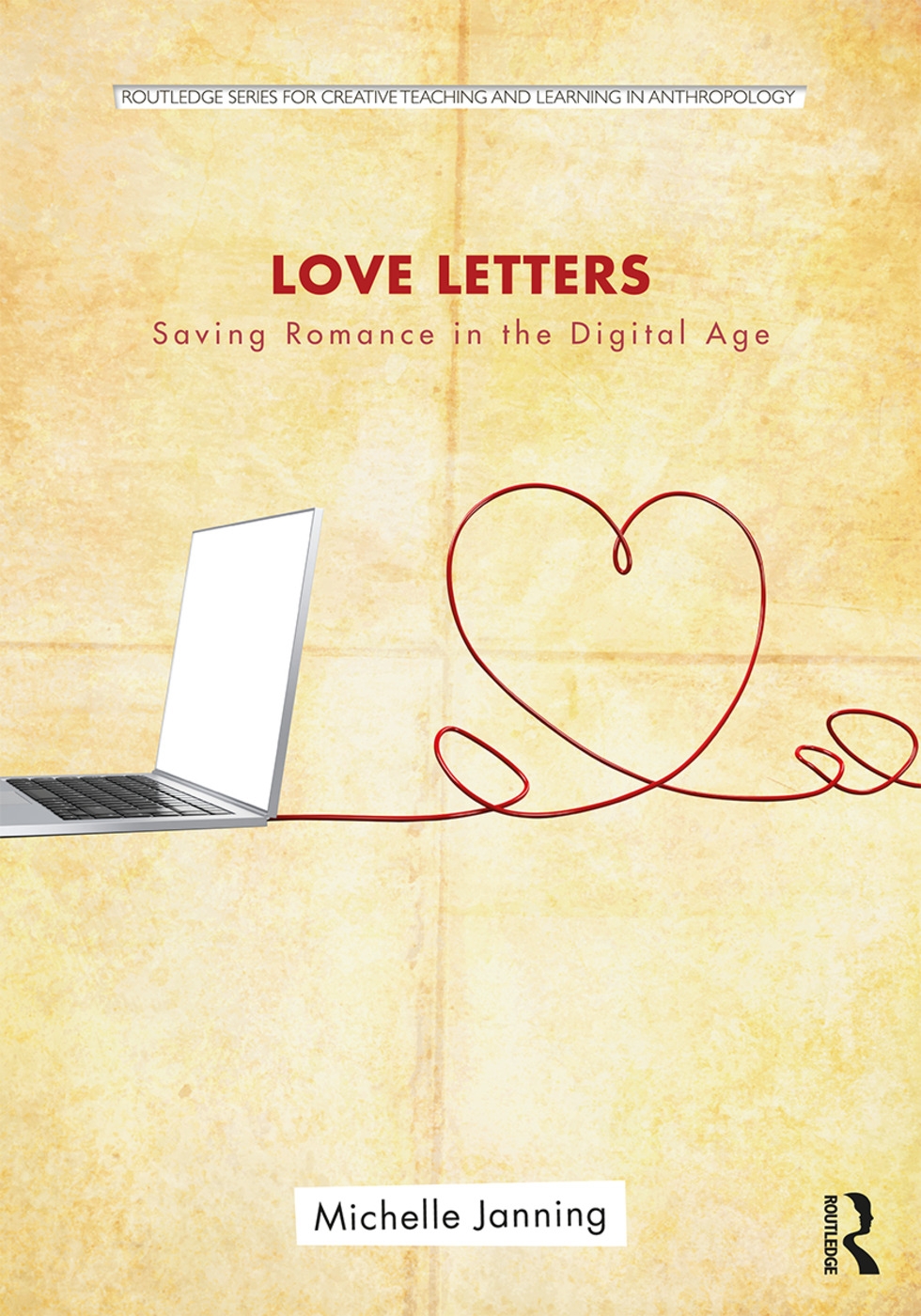 |
Love Letters: Saving Romance in the Digital Age 作者:Janning 出版社:Routledge 出版日期:2018-06-28 語言:英文 規格:平裝 / 17.8 x 25.4 x 0.6 cm / 普通級 |
| 圖書館借閱 |
| 國家圖書館 | 全國圖書書目資訊網 | 國立公共資訊圖書館 | 電子書服務平台 | MetaCat 跨館整合查詢 |
| 臺北市立圖書館 | 新北市立圖書館 | 基隆市公共圖書館 | 桃園市立圖書館 | 新竹縣公共圖書館 |
| 苗栗縣立圖書館 | 臺中市立圖書館 | 彰化縣公共圖書館 | 南投縣文化局 | 雲林縣公共圖書館 |
| 嘉義縣圖書館 | 臺南市立圖書館 | 高雄市立圖書館 | 屏東縣公共圖書館 | 宜蘭縣公共圖書館 |
| 花蓮縣文化局 | 臺東縣文化處 |
|
|
圖書介紹 - 資料來源:博客來 評分:
圖書名稱:Love Letters: Saving Romance in the Digital Age
|
